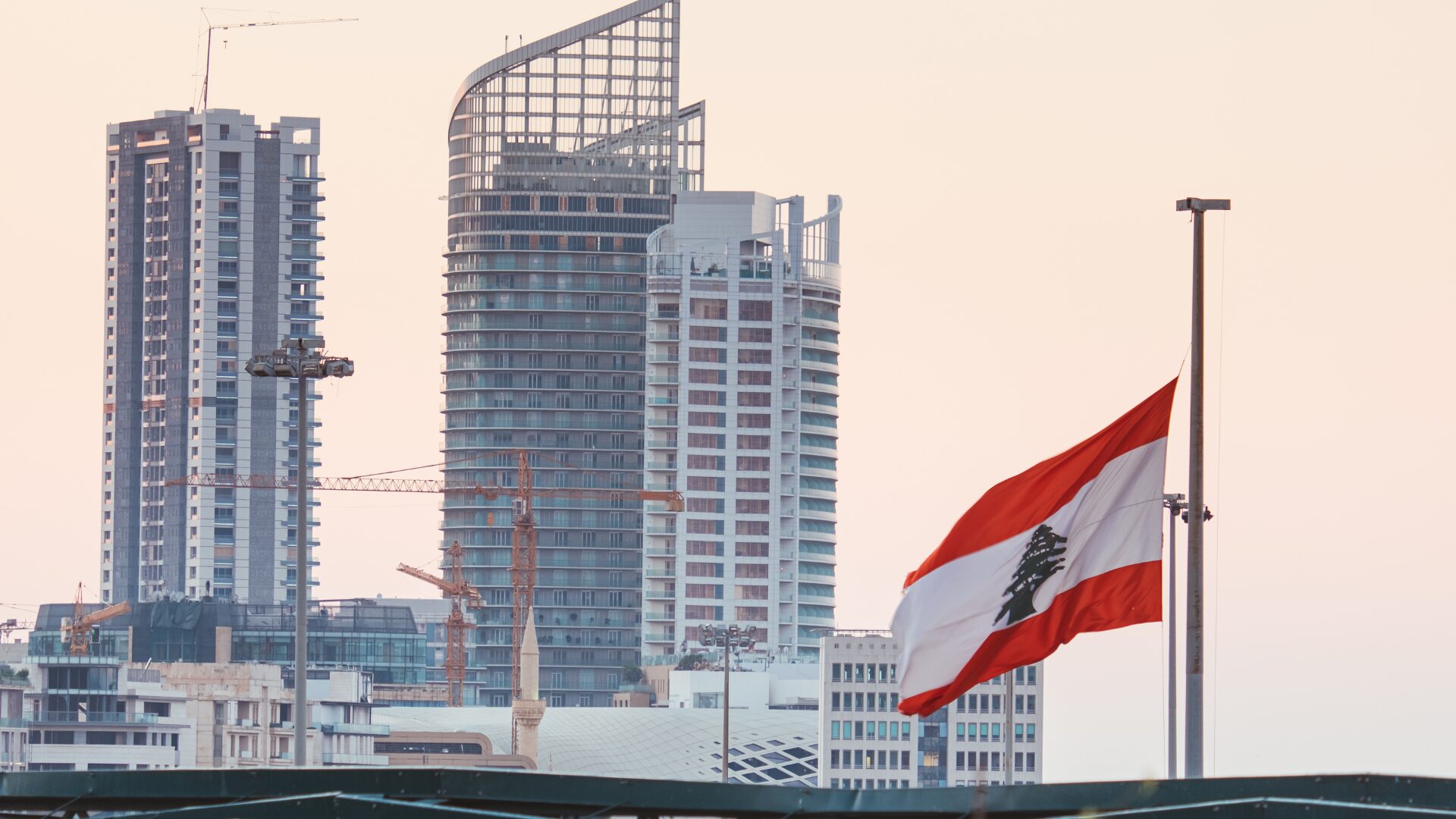Date first published: 18/02/2025
Key sectors: all
Key risks: political stability; governability; political polarisation
Risk development
On 8 February a new government was formed under Prime Minister Nawaf Salam, following the 10 January election of President Joseph Aoun, filling a two-year leadership vacuum. The new government, pending parliamentary approval, pledges to reform the country’s sectarian political system and weaken Hizbullah’s grip on the country.
Why it matters
This event is significant as it marks the country’s first new government since 2022, signalling a notable political shift. To be fully empowered, the new government must issue a policy statement outlining its priorities and secure a parliamentary vote of confidence. While the statement has yet to be disclosed, it is expected to emphasize Israel’s and Hizbullah’s full withdrawal from the southern border – as mandated by the Israel-Lebanon ceasefire and UN Security Council Resolution 1701 – along with judicial and financial reforms. However, the cabinet’s ambitions are tempered by limited time, with parliamentary elections set for May 2026.
Unlike previous administrations, neither Salam nor Aoun were endorsed by Hizbullah, reflecting a weakening of the group’s dominance over the country’s power structure The 24-member cabinet was formed after more than three weeks of negotiations among rival political factions, with positions allocated along sectarian lines. Discussions were further delayed over the appointment of Shia ministers, typically chosen by Hizbullah and its ally, the Amal Movement. While Hizbullah secured the selection of five Shia ministers through negotiations, it failed to control one-third of the cabinet seats – as a result, it lacks the power to block key decisions, which requires a two-thirds majority.
Background
Since 2022, the caretaker government led by former prime minister Najib Mikati lacked executive powers. This political deadlock exacerbated the country’s economic crisis and stalled International Monetary Fund (IMF)-backed reforms. Following the escalation of the conflict with Israel in September 2024 and with the ceasefire agreement expiring at the end of January, the appointment of a president and a fully functioning executive was crucial for the credible implementation of much-needed economic reforms.
Risk outlook
The new political landscape reveals a shifting balance of power in the country and the region, with the US emerging as the primary player and Iran losing influence. On 7 February, the day before the government was formed, US Deputy Middle East Envoy Morgan Ortagus declared Hizbullah’s participation in the new cabinet a “red line” and thanked Israel for “defeating Hizbullah”. The group’s exclusion from a controlling position in the government may push it to adopt a more obstructionist stance in parliament.
Accordingly, Beirut is working to rebuild relations with Saudi Arabia and other Gulf states, which have long been wary of Hizbullah’s growing political and military influence. Forming a cabinet was viewed as a crucial step toward implementing reforms that could pave the way for an IMF financing plan and secure support from key Gulf nations to aid in rebuilding devastated areas. While the cabinet’s formation is a step toward stabilization, governance challenges persist, as deep-seated factionalism and regional instability will continue to shape the country’s trajectory in the coming months.

